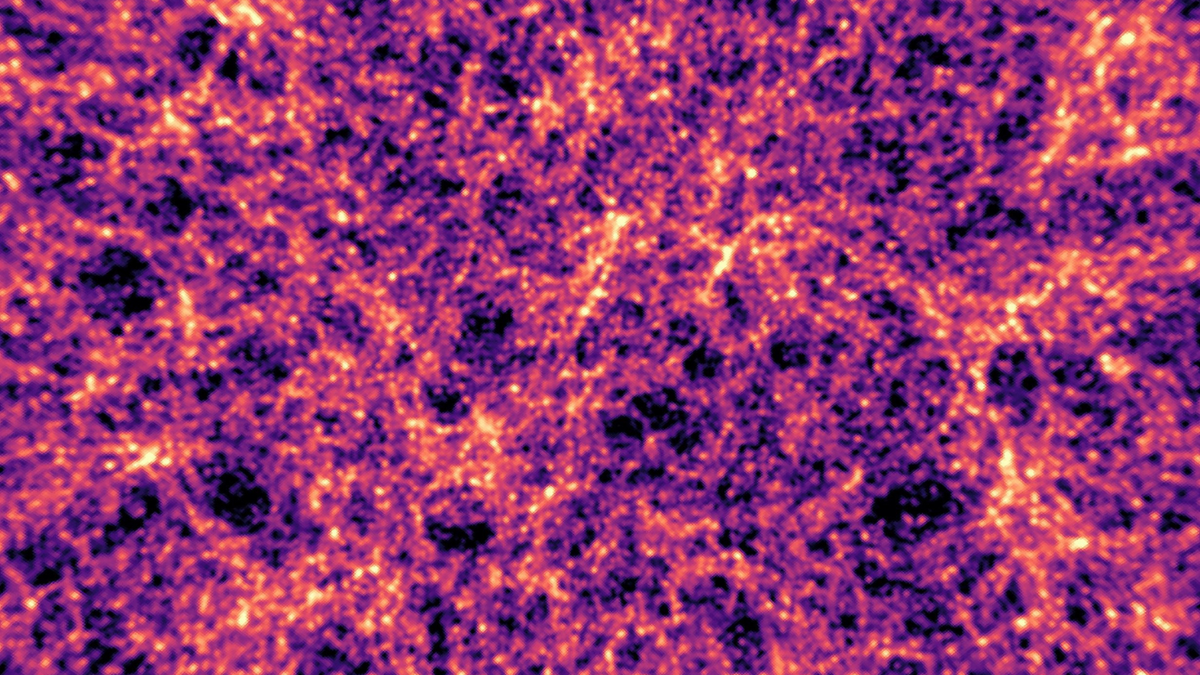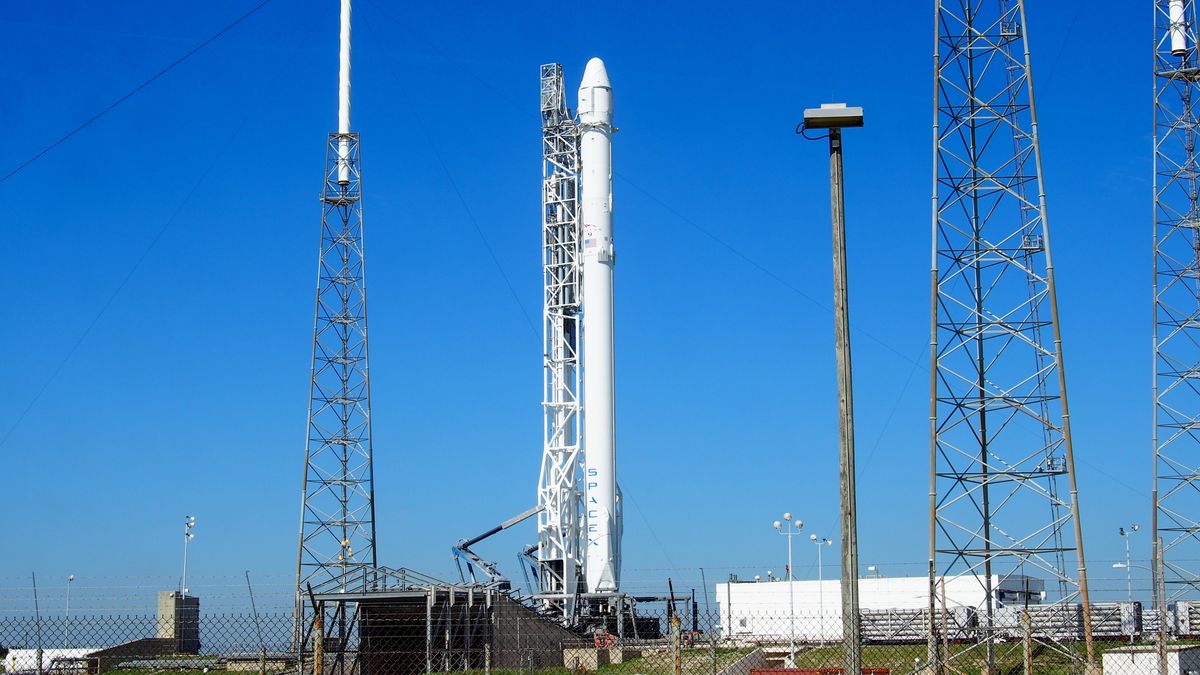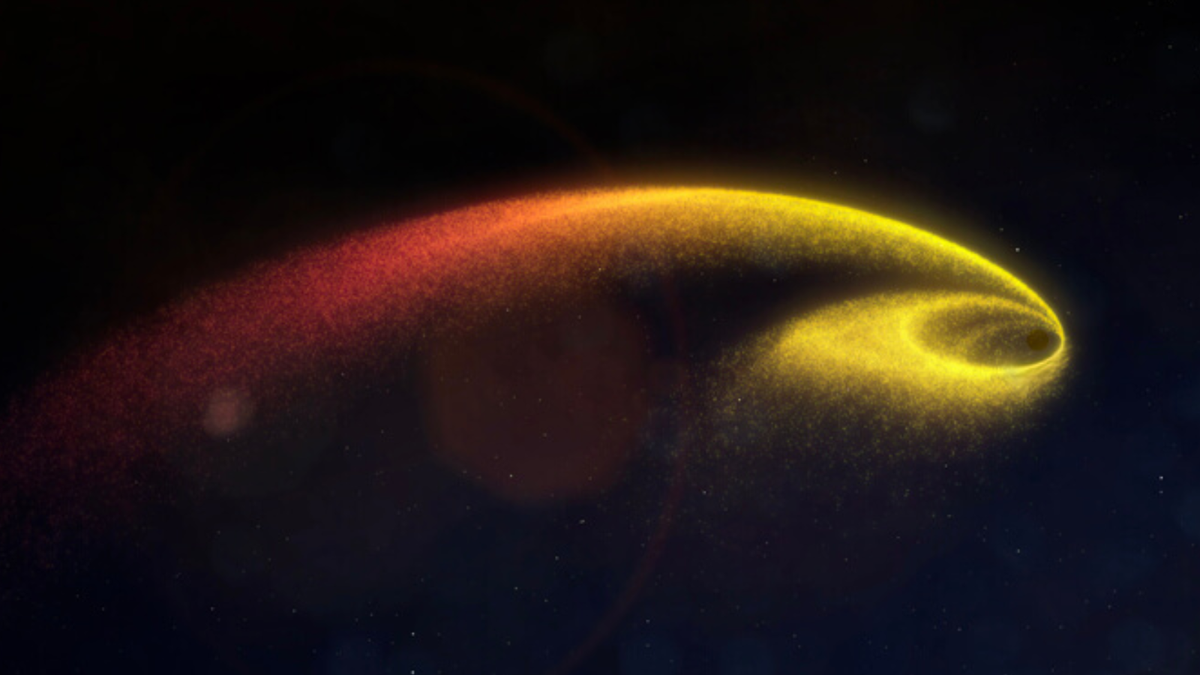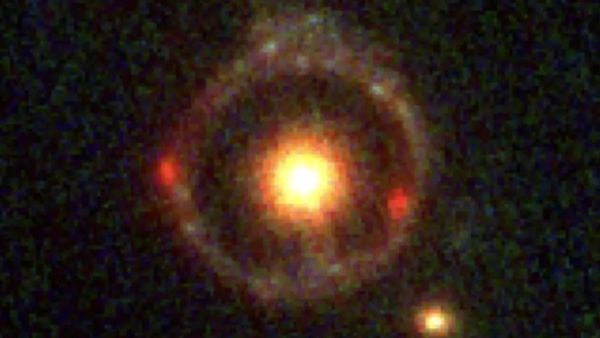The Role of Artificial Intelligence in Understanding Dark Energy
Exploring the enigmatic force known as dark energy – responsible for the accelerated expansion of the universe – has long been a challenge for scientists. Recently, a group of researchers posed a cutting-edge question: can computers offer superior insight into this phenomenon? Initial findings from a team led by Niall Jeffrey from University College London have shown promising results through the application of artificial intelligence (AI) techniques. By leveraging AI to analyze the influence of dark energy with remarkable precision, the group has made significant strides in unraveling this cosmic mystery.
Utilizing AI in Cosmic Simulation
Collaborating with the Dark Energy Survey consortium, the team utilized measurements of visible matter and dark matter to construct a detailed supercomputer simulation of the universe. While dark energy propels cosmic expansion, dark matter, a substance that remains invisible due to its lack of interaction with light, poses another layer of complexity. By creating a comprehensive simulation and harnessing the power of AI, the researchers unveiled a precise map of the universe spanning seven billion years. This map, containing data from approximately 100 million galaxies across a quarter of the Southern Hemisphere sky, offers valuable insights into dark energy dynamics.
Enhanced Precision and Validation
Comparing their AI-driven approach to traditional methods of analyzing cosmic data, the team discovered a doubling of precision in measuring dark energy. Without AI, achieving such accuracy would have necessitated gathering significantly more observational data. These findings not only validate existing models of cosmic evolution in conjunction with dark energy but also eliminate certain hypotheses that may not align with the observed dynamics.
The Enigma of Dark Energy
Dark energy, often regarded as a placeholder for the perplexing force shaping the universe’s expansion, constitutes a substantial portion of the cosmos’ energy and matter composition. Despite its prevalence, the true nature of dark energy remains elusive. The quest to comprehend this enigmatic force has led researchers to explore the concept of a cosmological constant, initially proposed by Albert Einstein to maintain a static universe until observational evidence indicated otherwise.
Challenges and Future Prospects
While the team’s AI-driven research has yielded significant progress in understanding dark energy and cosmic dynamics, fundamental challenges persist. The discrepancy between theoretical predictions and observational data poses a profound conundrum, suggesting potential shortcomings in current quantum mechanical theories. Further investigations, enabled by advanced AI algorithms and forthcoming observational data, hold the promise of unlocking the secrets of dark energy and refining our cosmological understanding.
Image/Photo credit: source url





